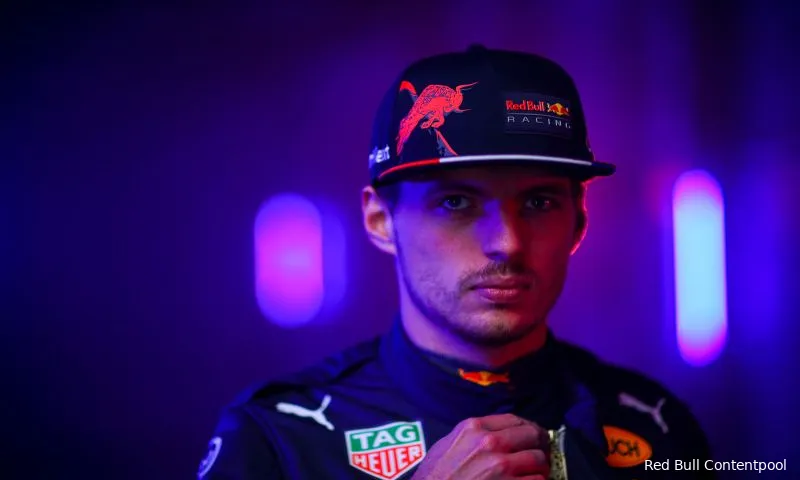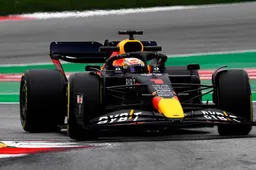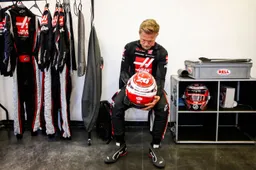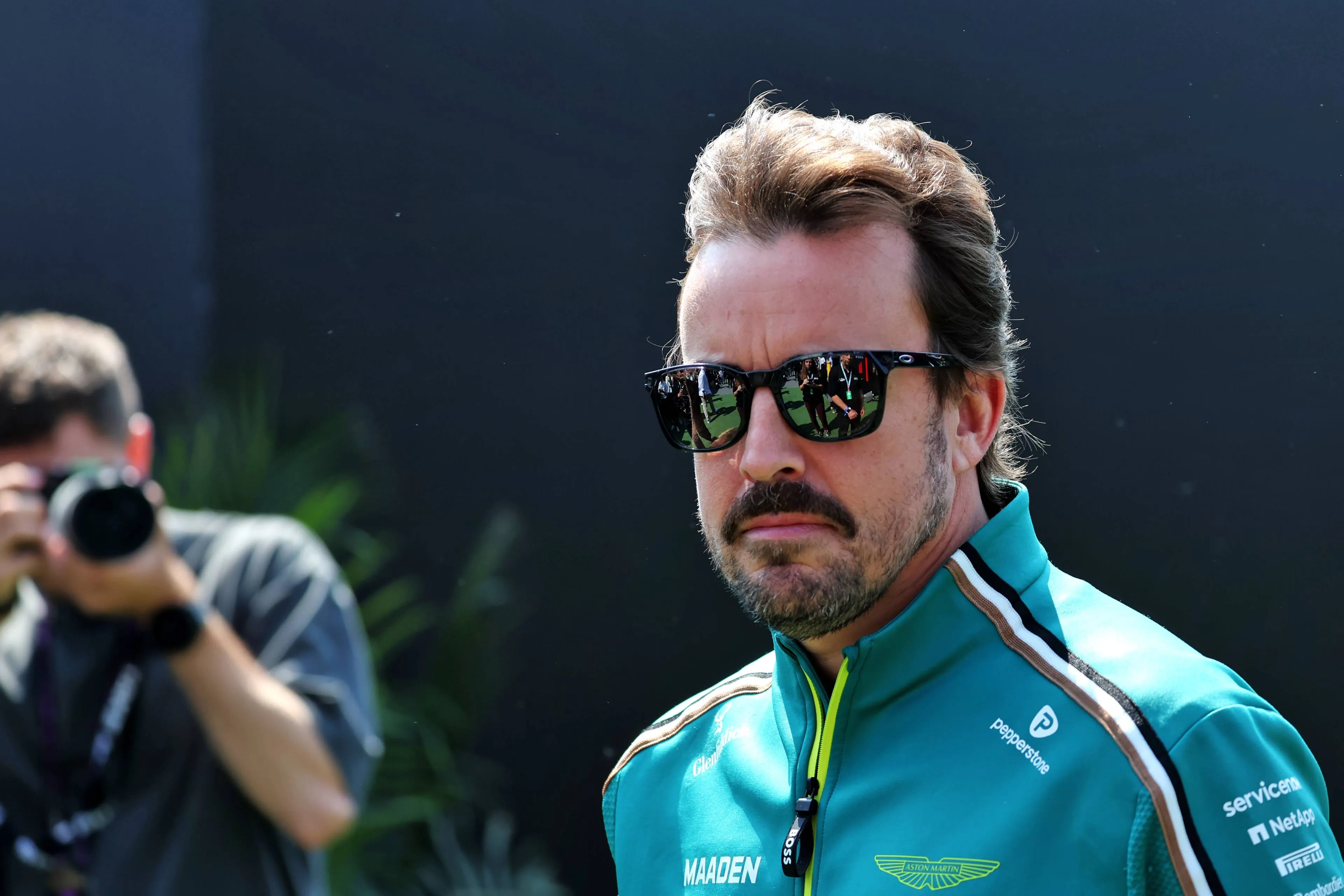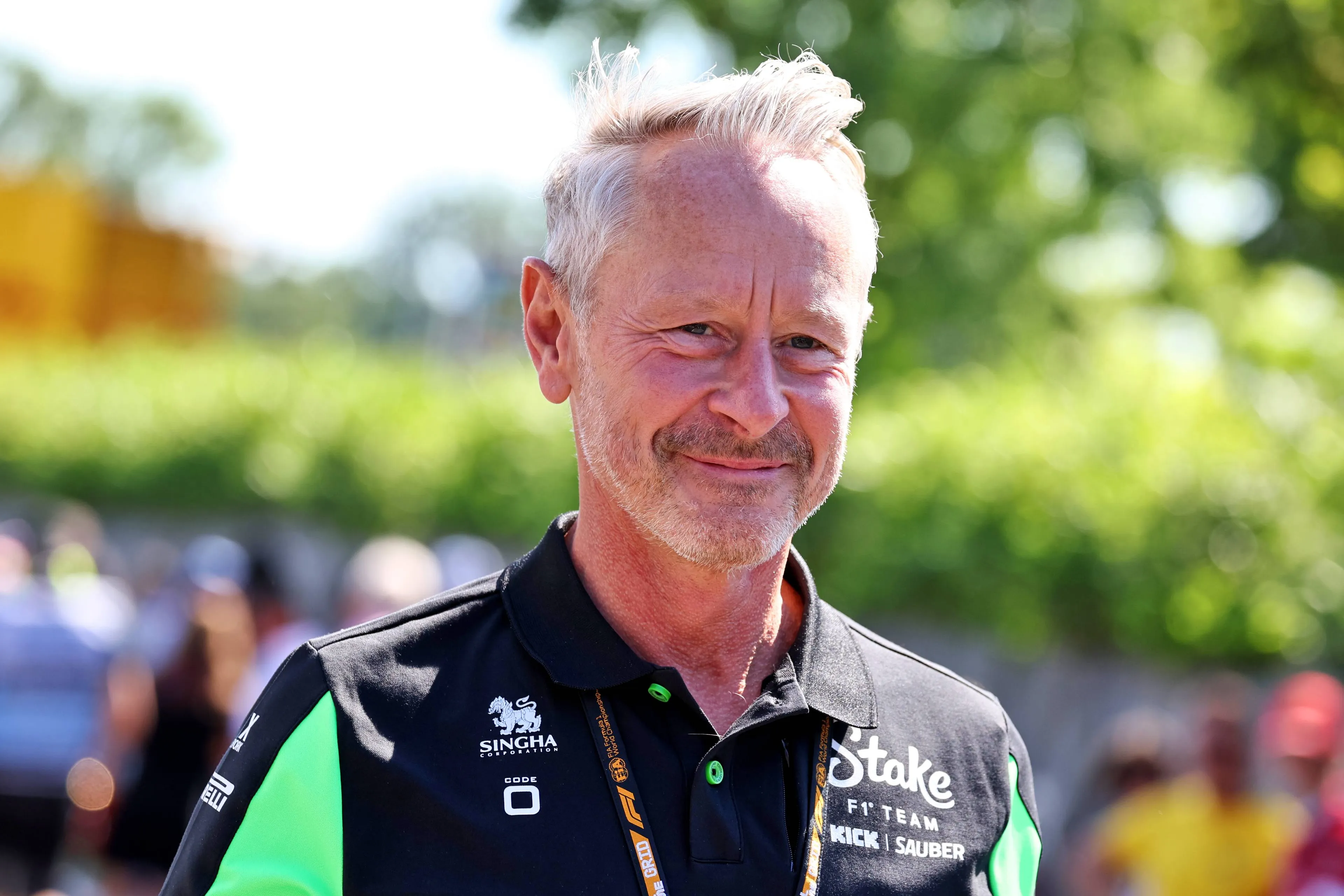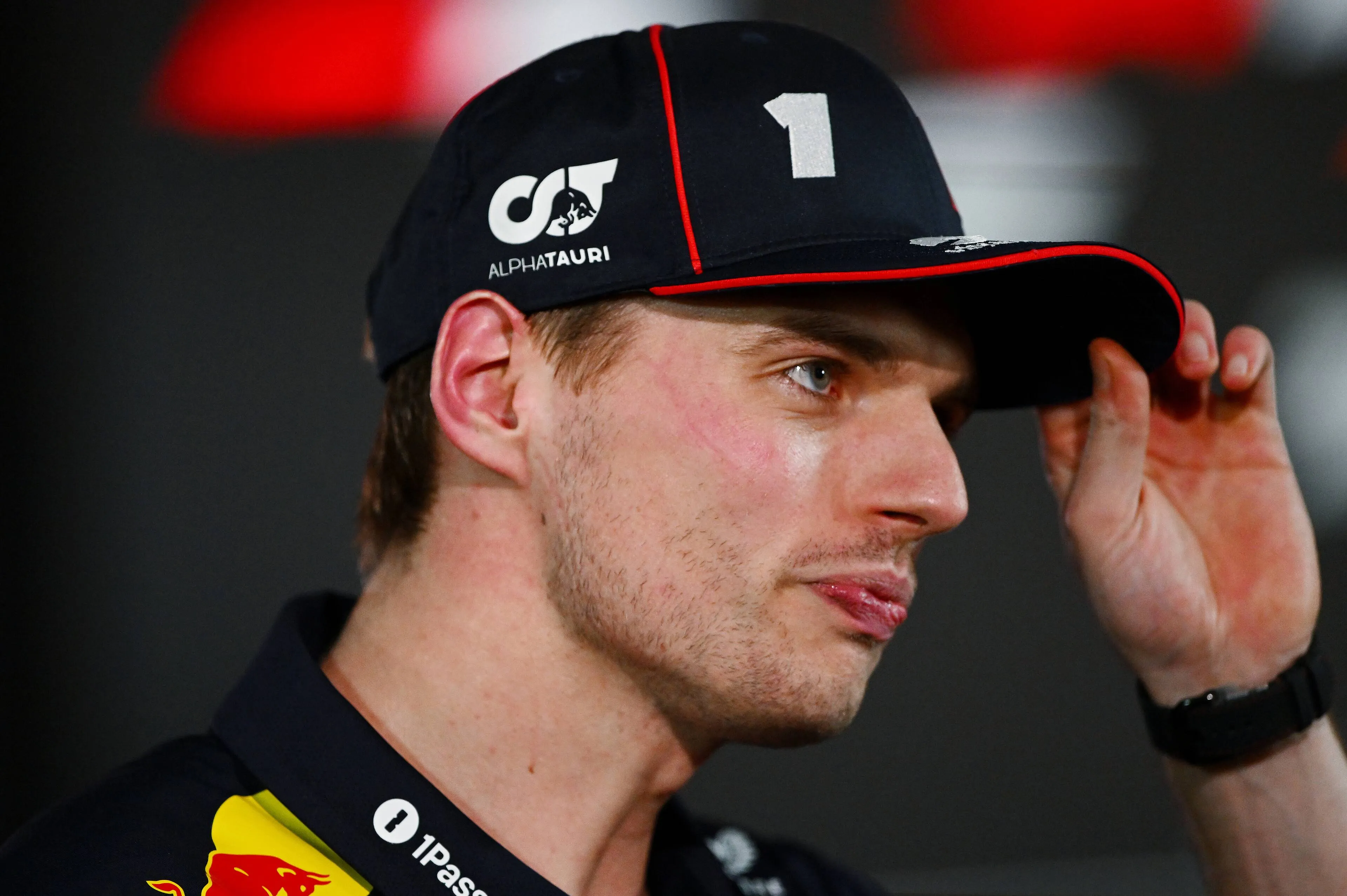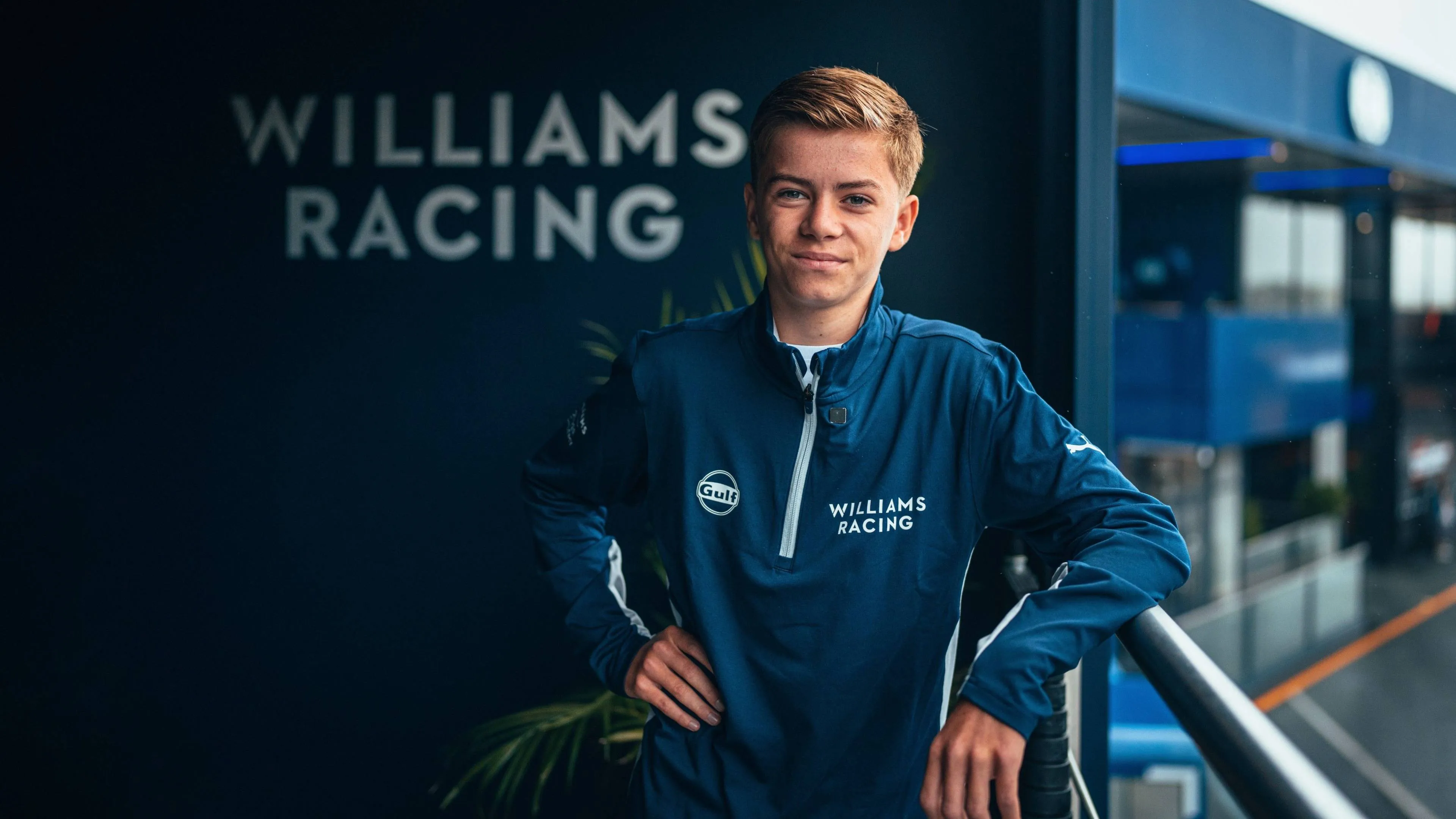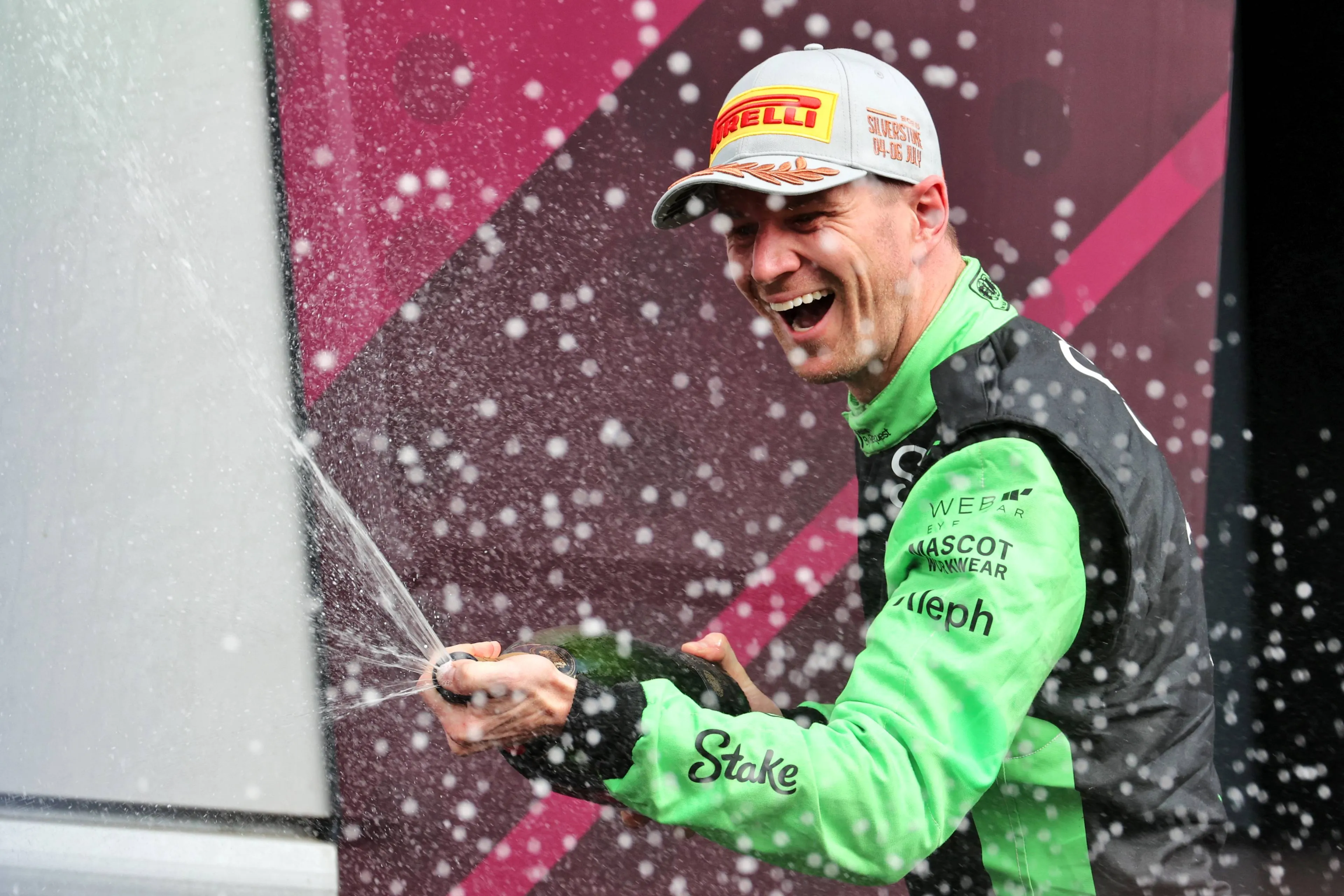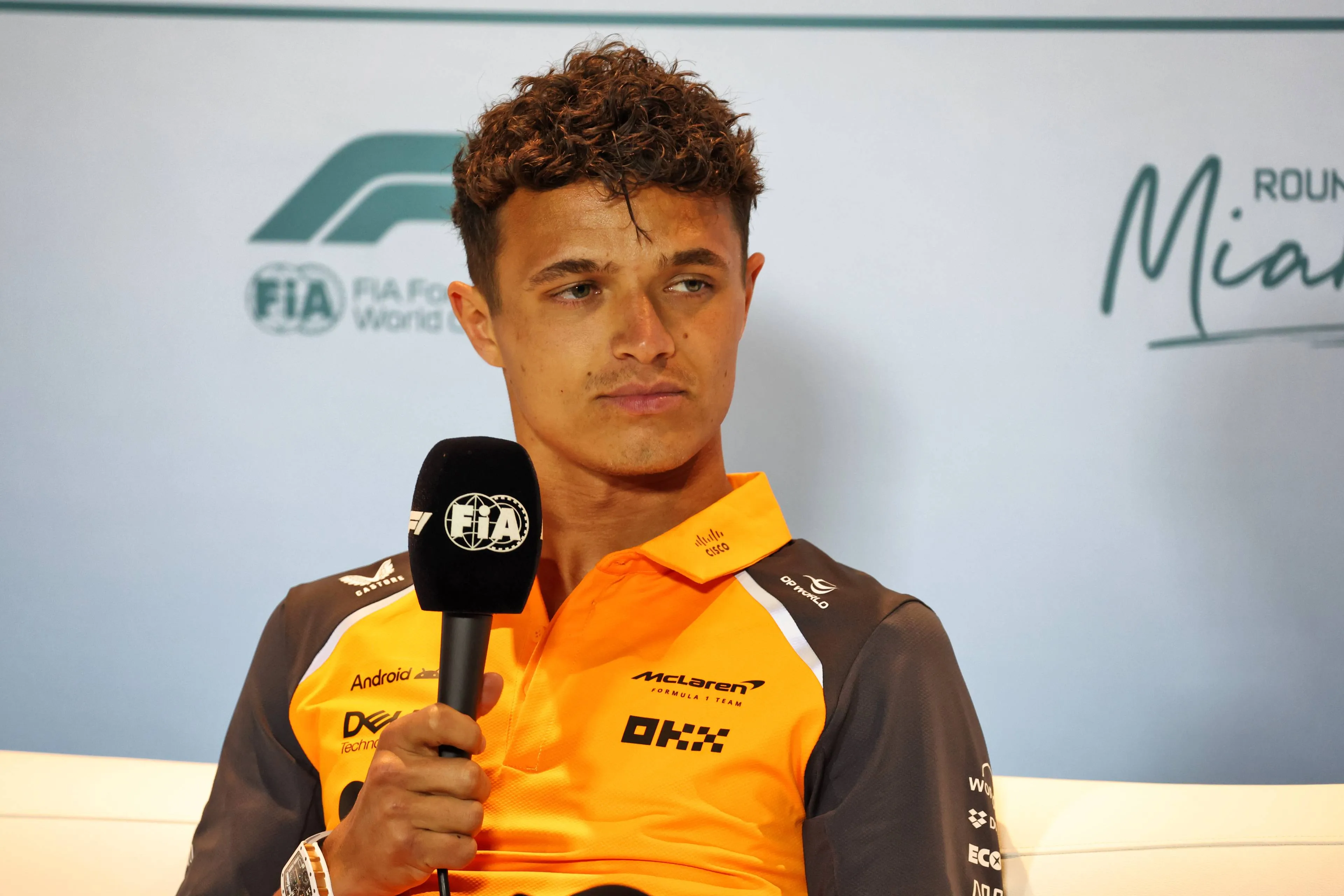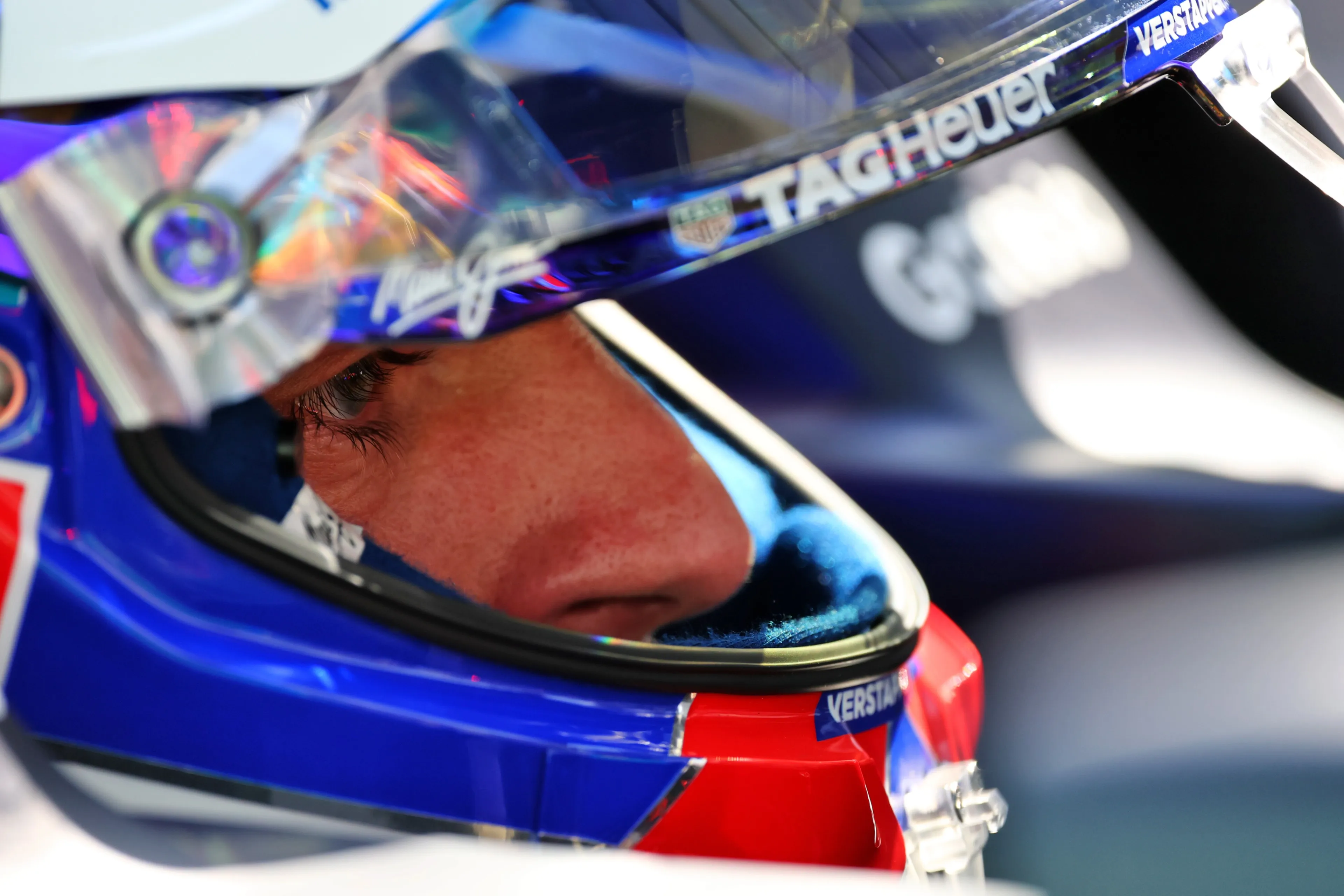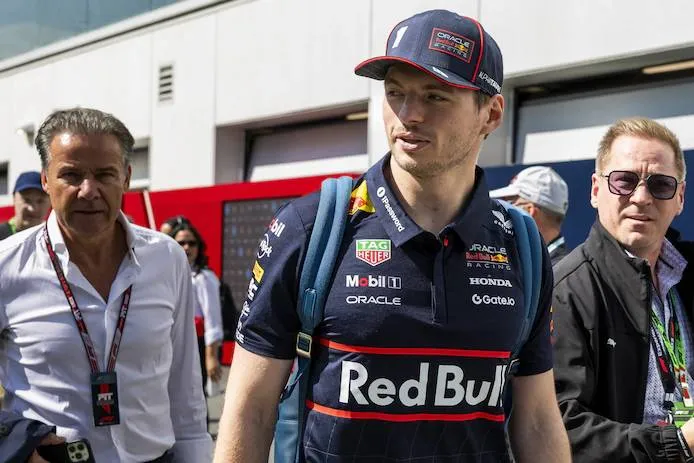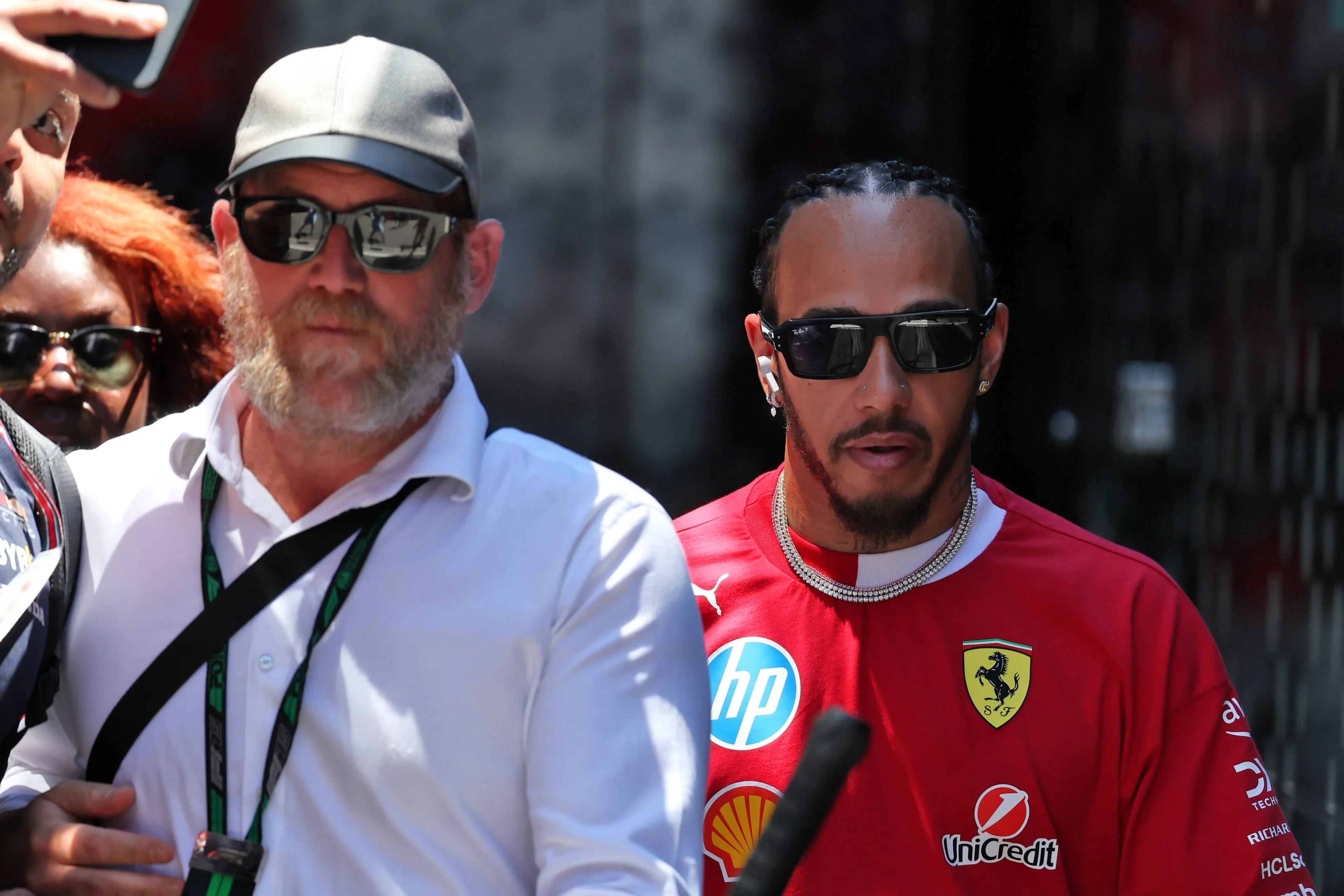How Schumacher and driver academies influenced the new F1 generation
08:54, 09 Mar 2022
0 Comments
Max Verstappen has signed a particularly long deal with Red Bull Racing that will keep the Dutchman with the Austrian team through 2028. Although Verstappen has a rather long contract at his disposal, it also shows a new trend in Formula 1.
Schumacher sets the tone
Silly Season is the time of year when almost all Formula 1 drivers are linked to new teams. In F1, it is quite normal that contracts do not last long. You have to be in the right place at the right time, so it is nice if you can change teams every year. This is also good for the teams because they can choose the best drivers every year.
Of course, there were exceptions in the past. Michael Schumacher was one of the first to enter into such a long partnership with Ferrari. The German knew that you need patience in sport to take a team to the top. Schumacher ended up driving eleven seasons for Ferrari and became world champion five times with the Italians. He did need patience, though, because in his first four seasons he missed out on the title.
Schumacher was thus the impetus for other great champions to also build up a team in this way. Fernando Alonso, for example, was also brought to Ferrari for a long time and Sebastian Vettel was his successor. However, both world champions did not reach Schumacher's number of years at Ferrari, let alone the successes he managed to achieve. The driver's/team's patience was running out faster than good.
The new F1 generation
Lewis Hamilton is an exception in another way. The Briton did not sign long contracts per se, but only drove for two more teams in Formula 1. That too is remarkable. He debuted and won his first world title with McLaren-Mercedes, eventually becoming truly dominant with Mercedes and winning six world titles. Although he was often fixed for a few years and never doubted himself about leaving, it was always a possibility.
With the new F1 driver generation, however, we see a new trend emerging. Verstappen is unique with his deal that keeps him at Red Bull for seven more seasons including this year, but we do see the same structure recurring at other teams. F1 teams need steadiness to grow, commit to young talents, and the drivers can bend an entire team to their will in this way.
Indeed, in addition to Verstappen, we see that Esteban Ocon (at Alpine through 2024), Charles Leclerc (at Ferrari through 2024) and Lando Norris (at McLaren through 2025) have also signed long contracts. Valtteri Bottas was also happy with his new contract. Indeed, he is at Alfa Romeo until 2024.
'Never change a winning team'
For the drivers, this seems like a big risk. After all, if the team does not build a competitive car, you could just throw away a few years of your career. However, these talents also recognise that you don't just switch to a winning team. Once a team wins, it usually sticks to the same drivers. For example, look at Mercedes with Hamilton and Nico Rosberg or Red Bull Racing with Sebastian Vettel and Mark Webber. Once dominance is achieved, then you are too late to step in.
In that respect, the current generation has taken a good example from Fernando Alonso, who always left teams too early again, never really building anything after his titles at Renault. He did not know how to mould a whole team to his will, as Schumacher did. The new generation has learned from that.
Junior programs
In addition to the lessons of the past, this generation also seems to be very influenced by the rise of the junior set-ups. In the past, young drivers were helped by teams to get to the top, but never as much as now. From a young age, teams like Mercedes, McLaren, Ferrari and Red Bull have been supporting drivers on their way to the top. It is therefore not surprising that those drivers choose to remain loyal to that team.
Of course, drivers like Schumacher, Alonso, Hakkinen and Coulthard were helped in their way to the top, but you could not say before their F1 career "he belongs to that team". With the new generation, this is much more the case. The driver and the team have been linked for much longer.
Verstappen was brought to Formula 1 by Red Bull, Leclerc and Norris were supported by Ferrari and McLaren respectively from an early age and Hamilton has been part of the 'Mercedes family' from an early age. The team and the driver know what they have in common and above all try to work on being successful together.
Although there may be the necessary clauses in the contracts, Silly Season is therefore increasingly becoming a dead giveaway. It is more about the spots of the second drivers and the spots at the backmarker teams. After all, the top spots have already been full for years, but it will be interesting to see which driver, together with his team, manages to make those dreams come true. Verstappen has already managed it with Red Bull.
Read more about:
Rumors
Popular on GPBlog
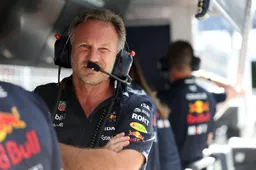
1
Horner flaunts surprising new backing after Red Bull Racing dismissal
2029 times read
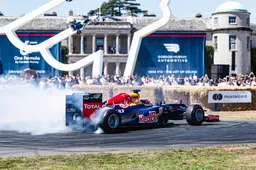
2
Vettel's winning Red Bull suffers sad fate after crash at famed Goodwood Festival of Speed
1696 times read
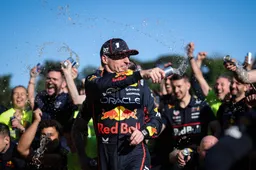
3
World Tennis star Jannik Sinner's brother chose Verstappen's win over major final
1039 times read
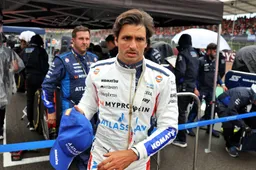
4
Unfazed by Verstappen: Sainz shares unique perspective on ex-teammate
765 times read
